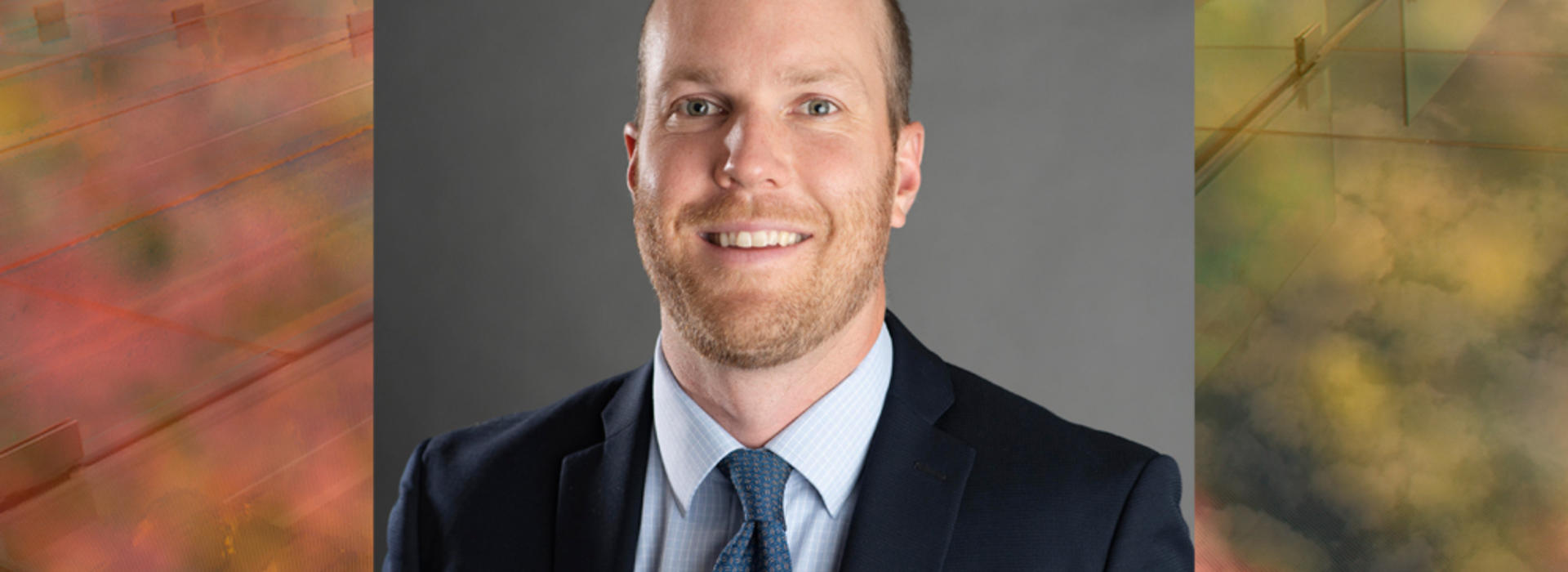
Dr. William Mantyh Discusses the Present and Future of Alzheimer’s Treatment
In 1983, President Ronald Regan initiated Alzheimer’s and Brain Awareness for the month of June. By observing this important event, the opportunity to engage, connect, and support people affected by the disease is consistently recognized on an annual basis.
While research, diagnosis, and care for patients with Alzheimer’s have been a part of our country’s history for a long time, Dr. William Mantyh is a current behavioral neurologist with the University of Minnesota Physicians (M Physicians). He graduated from the University of Minnesota Medical School in 2014 and shared his insights about the patient journey and the work he does to ensure patients receive the treatment they need.
“Diagnosing Alzheimer’s is, at least in the early stages, hard,” said Dr. Mantyh. “Patients might be wondering if their symptoms are the beginning of dementia, or something else like sleep deprivation, medication side effects, nutritional deficiencies or thyroid problems. I look at the different potential causes to help establish a diagnosis so that patients can plan for the future.”
To diagnose a patient with the disease, Dr. Mantyh conducts in-depth visits, studies the brain structure using an MRI, and runs blood tests, which is a costly and lengthy process. A new blood test, which is still being studied by scientists, may be able to detect if patients are likely to develop Alzheimer’s later in life, even before symptoms appear. The test works by looking at the proteins that underlie Alzheimer’s disease.
“In Alzheimer’s disease, you have the abnormal buildup of two proteins, amyloid, and tau,” Dr. Mantyh said. “It’s a bad sign when those proteins are there, but it takes many years, even decades, for those proteins to cause brain damage.”
While this might mean that physicians will be able to catch the disease at an early stage and the patient might not develop the symptoms of Alzheimer’s disease until years later, the test seems to be more accurate when the individual already has impairments.
“The test appears to be accurate in that early phase of the disease when the diagnosis can be more difficult compared to the later disease stages,” Dr. Mantyh said. “Ongoing research efforts are trying to remove these proteins to halt the disease process, but we’re not able to grow neurons back, and so diagnosing it early is a high priority.”
This month, the FDA granted accelerated approval for a drug intended for patients in the early stages of the disease, which removes the harmful amyloid plaque and may reduce or halt further deterioration of the brain.
“There are a lot of other drugs being trialed for Alzheimer’s disease, and we think it’s just a matter of time before we find even more effective therapies,” Dr. Mantyh said.
Each patient, and case of dementia, is unique, and so symptoms of the disease may present differently from person to person. This might include issues with language, visual-spatial awareness, memory, or multitasking.
“I start to get worried when someone asks the same question over and over in the same day,” Dr. Mantyh said. “If someone doesn’t remember an experience they were a part of or gets lost in a familiar place, that makes me worried that it’s not just normal aging.”
Other signs to look out for might include loss of functional level, like not being able to hold a job the person previously excelled at, or not being able to read a book. For patients diagnosed with the disease, there’s still a lot that can be done to address concurrent symptoms.
“Aducanumab, the new drug conditionally approved for Alzheimer’s disease, may or may not help with the symptoms of Alzheimer’s disease. But, we do have medications, therapies, and interventions that can help with symptoms,” Dr. Mantyh said. “So, if someone is depressed, which happens frequently with any type of dementia, we can help with depression. If someone is having trouble with their balance, we can set up the patient with physical therapy. We can provide advice on how to maximize healthy sleep. We can help patients plan and maintain as much function as possible in a safe environment.”
Dr. Mantyh’s clinical practice takes place at the M Physicians St. Louis Park Memory Care Program, which treats all types of dementia, including Alzheimer’s disease, the most common form. Through education and connection to resources, the St. Louis Park Memory Care Program provides each patient with guidance for further memory care and support. The program acts as a bridge between patients and the latest research and clinical trials, like Dr. Mantyh’s work developing biomarkers to accurately, and at an early stage, provide the correct diagnosis.
“I think a cutting-edge view using the latest blood tests and other types of confirmatory tests means that patients receive the best diagnosis possible,” Dr. Mantyh said.
Dr. Mantyh hopes to one day use novel blood testing to better understand dementia within Native American communities.
“The Memory Keepers Medical Discovery Team at the University of Minnesota Medical School is doing a lot of really exciting work with Native American communities and has laid the groundwork for this collaboration to take place,” Dr. Mantyh said. “When these blood tests come out, all Americans can benefit. We’re working so that the benefit isn’t restricted to currently studied populations, as there is a severe lack of data for Native American individuals in current Alzheimer’s disease research.”
Article content was originally published through M Physicians on June 30, 2021.